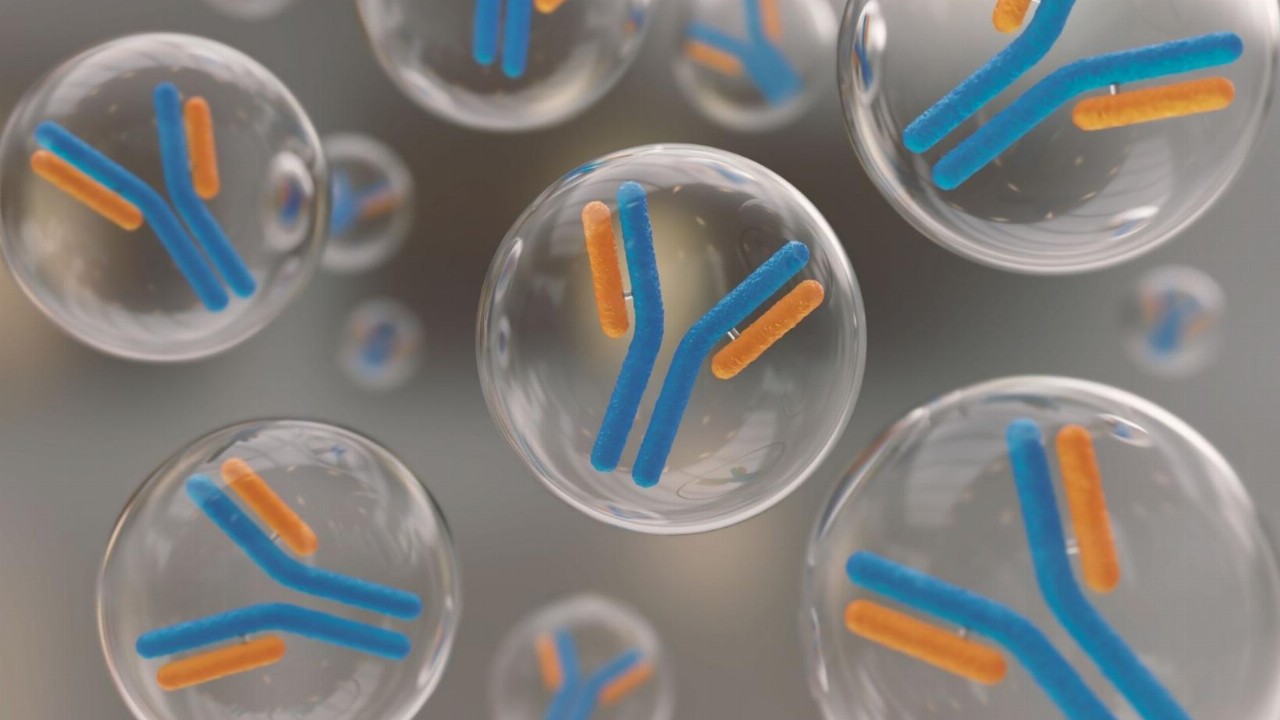- Patrys (PAB) confirms its PAT-DX3 antibody can cross the blood-brain barrier in healthy animals after receiving new preclinical data for the product
- A new PAT-DX3 study found the uptake into the brain of the product, per cubic centimetre, was three to four times higher than that of a control antibody
- The study was designed to monitor the relative uptake of PAT-DX3 into various tissues over the course of four days, compared to the control
- Elevated levels of the drug were found in brain tissue but not in other tissues, adding further support to Patrys’ proposed mechanism for crossing the blood-brain barrier
- Shares in Patrys closed 5.26 per cent higher at 2 cents per share
Patrys (PAB) has confirmed its PAT-DX3 antibody can cross the blood-brain barrier in healthy animals after receiving new preclinical data for the product.
A new PAT-DX3 study, designed to monitor the relative uptake of PAT-DX3 into various tissues over the course of four days, found the uptake into the brain of the product, per cubic centimetre, was three to four times higher than that of a control antibody.
Patrys said this uptake persisted for the study duration and compared favourably to antibodies that have been specifically engineered for enhanced crossing.
As such, the results reportedly support the potential use of deoxymabs to deliver small molecule therapeutics and gene editing technologies across the blood-brain barrier.
Patrys CEO and Managing Director James Campbell said the study outcome opened up a range of potential applications for the company and its development partners.
“PAT-DX3 appears to outperform antibodies specifically developed by other companies
for the delivery of payloads to brain tissue. Unlike deoxymabs, none of these other antibodies are able to deliver their payloads into the cell and the cell nucleus,” Dr Campbell said.
“As we advance PAT-DX1 towards the first clinical trial in cancer patients in H2 CY2023, it is very exciting for Patrys to be able to identify additional applications for PAT-DX3 that may open up new development or partnering opportunities for the company.”
Elevated levels of the drug were found in brain tissues but not in other tissues like the lung and the liver, adding further support to the company’s proposed mechanism for crossing the blood-brain barrier.
Shares in Patrys closed 5.26 per cent higher at 2 cents per share.







